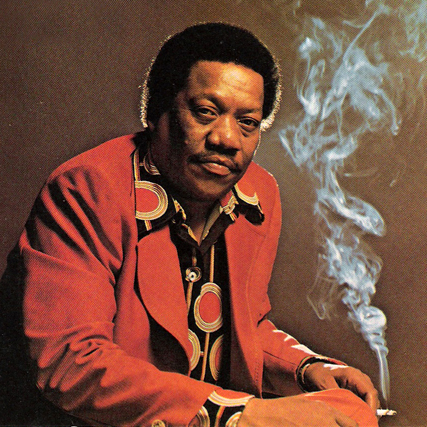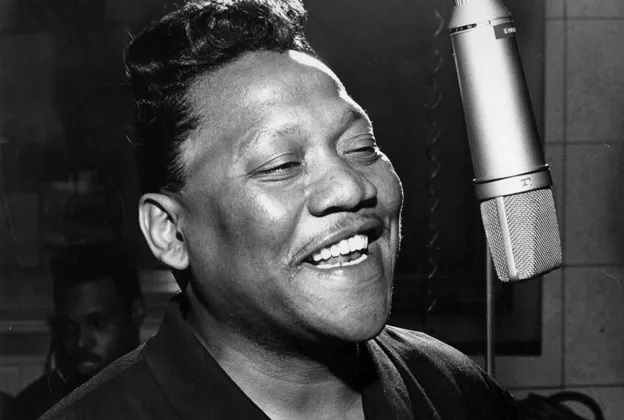Bobby “Blue” Bland, often referred to as “The Lion of the Blues,” is a name synonymous with modern blues and soul music. Born Robert Calvin Bland on January 27, 1930, in Rosemark, Tennessee, Bland’s journey from humble beginnings to becoming a legendary figure in the music world is a tale of perseverance, talent, and innovation.
Early Life and Musical Beginnings
Bland grew up in a small farming community where gospel music played a significant role in his early life. Like many African-American singers of his generation, he began his musical journey singing in church choirs. In the late 1940s, Bland moved to Memphis, a city teeming with musical opportunities.
Memphis in the post-war era was a melting pot of blues, gospel, and the burgeoning sounds of rhythm and blues. Bland became a regular on Beale Street, where he connected with other aspiring musicians like B.B. King, Rosco Gordon, and Junior Parker. Together, they formed the “Beale Streeters,” a loose collective of artists who would shape the future of blues and R&B.
The Duke Records Era and Rise to Fame
In 1951, Bland began recording for Chess Records and later Duke Records, but his early singles failed to gain traction. His career took a pivotal turn after a stint in the U.S. Army during the Korean War. Upon returning to Memphis, Bland reunited with Duke Records, where he began collaborating with producer Joe Scott.
Scott’s sophisticated arrangements, combined with Bland’s powerful voice, created a distinctive sound that blended blues, gospel, and soul. Hits like “Farther Up the Road” (1957) and “I Pity the Fool” (1961) showcased Bland’s ability to convey raw emotion with a smooth vocal delivery. These tracks became staples of the blues genre and earned him widespread acclaim.
Signature Style and Success
Bland’s vocal style was a unique blend of influences. He drew inspiration from gospel quartets, Nat King Cole’s smooth delivery, and the raw emotion of blues greats. His signature “squall,” a guttural, emotional cry, became one of his defining features and set him apart from his peers.
Throughout the 1960s, Bland released a string of successful albums and singles, including:
- “Cry, Cry, Cry”
- “Turn On Your Love Light”
- “Ain’t Nothing You Can Do”
- “Call On Me”
His ability to bridge the gap between traditional blues and contemporary soul music made him a crossover artist, appealing to both African-American and white audiences.
Challenges and Comebacks
Despite his success, Bland faced challenges, including struggles with alcoholism, which impacted his career in the late 1960s. However, he managed to stage a comeback in the 1970s with the release of albums like “His California Album” (1973) and the hit single “I Wouldn’t Treat a Dog (The Way You Treated Me).”
These records showcased a more polished, soulful sound that resonated with a new generation of listeners. Bland’s resilience and adaptability ensured his relevance in an ever-changing music landscape.
Legacy and Honors
Bobby “Blue” Bland’s contributions to music have left an indelible mark on the blues and soul genres. Over his six-decade career, he released more than 25 studio albums and numerous hit singles.
His accolades include:
- Induction into the Blues Hall of Fame in 1981.
- Induction into the Rock and Roll Hall of Fame in 1992.
- A Grammy Lifetime Achievement Award in 1997.
Bland continued to perform and record until his later years, solidifying his reputation as one of the most influential voices in American music.
Final Years and Passing
Bobby “Blue” Bland passed away on June 23, 2013, at the age of 83 in Memphis, Tennessee. His death marked the end of an era but also served as a celebration of a life dedicated to music.
Conclusion
Bobby “Blue” Bland’s ability to blend blues with soul and gospel created a timeless sound that continues to inspire artists and captivate audiences. From his early days on Beale Street to his enduring legacy as “The Voice,” Bland remains a cornerstone of modern blues and a testament to the power of resilience and innovation in music.


No responses yet